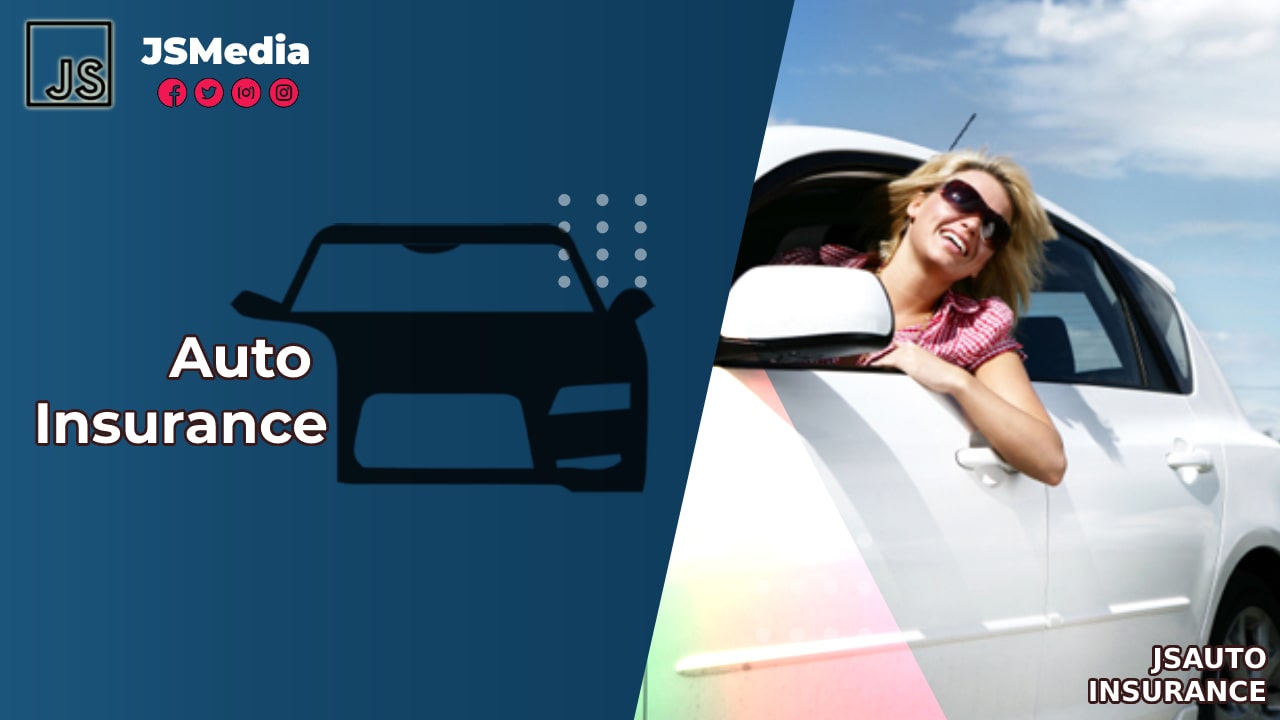The first step in lowering your auto insurance premiums in New Jersey is to drive safely. Traffic violations will increase your premiums, but you can do everything in your power to avoid them. You can also lower your premium by choosing a higher deductible, which will lower your monthly payment. Comparison shopping is the most effective way to reduce your monthly payments. However, be aware that the more deductibles you have, the more money you’ll save.
The next step is to choose the type of coverage you want. There are two types of coverage available. Non-collision insurance covers damage caused by incidents other than collisions. This type of coverage covers damages caused by fire, theft, vandalism, glass breakage, and contact with animals. Collision auto insurance in New Jersey covers damage caused by collisions with another vehicle or object. This type of policy protects you from losing money if the other driver has insufficient or no insurance, so it’s recommended that you have collision coverage.
While there are no minimum requirements, it is highly recommended that you get more than the minimum coverage. The state requires car insurance coverage in order to drive, but you need to choose the right amount of coverage to protect your assets. The minimum level of coverage is called Standard. If you have more money to spend, you can go for a higher-deductible or optional features. The higher deductibles, however, may not be enough. Therefore, it’s better to opt for a higher-end policy that offers a higher level of protection.
How to Lower Your Auto Insurance Rates in New Jersey
The cost of car insurance in New Jersey can be high. To reduce the cost, consider taking out comprehensive or collision insurance. While collision insurance only covers damages caused by an accident, comprehensive coverage will cover any damage caused by a burglary or by a vehicle being stolen. If you have a higher-priced vehicle, consider a comprehensive policy. It will also cover damages resulting from other situations, such as a driver who has no or inadequate coverage.
The cost of auto insurance in New Jersey varies by race. Those with a low education and a poor driving record will pay more than those with white or Asian backgrounds. For this reason, you should have a high education and a good credit score to qualify for a low-cost policy. You should also consider buying additional coverage, including uninsured motorist insurance, if possible. You should also be aware of what type of auto insurance will cover your car.
The cost of car insurance is calculated based on a variety of factors, including the risk of accidents and damage to other people’s property. Your age, sex, marital status, zip code, and driving record all determine the cost of car insurance. Whether you are a young driver or an experienced driver, it is important to understand the importance of liability insurance. While you’ll probably never be in an accident, you should have adequate coverage to avoid financial problems in the future.
If you’re interested in a cheap car insurance policy in New Jersey, you should know that it requires minimum coverage. Basic policies provide only liability coverage, but are not enough for protecting you. If you’re responsible for a car accident, you need property damage coverage to protect your assets. Bodily injury coverage covers your expenses if someone else is injured in an accident. If you’re at fault, this can save you a lot of money.
You should consider whether to file a claim or not. A claim can dramatically increase your premiums. The average collision claim in New Jersey raised its rates by $1,047 on average. If you’re at risk of an accident, calculate how much damage you’ll need to pay before filing a claim. If your deductible is too high, you’ll need to opt for non-owner car insurance. It’s also best to consider your driving habits and your budget.
The cost of auto insurance in New Jersey varies widely depending on your age and the type of vehicle you drive. In New Jersey, a 16-year-old driver’s premium is $787 per year, while a 50-year-old’s premium is $1497. A teenager’s auto insurance rate will increase by 223% if they add a young driver to their car. A high-risk driver should look into the details of the policy to avoid being charged with a DUI or getting a traffic ticket.

